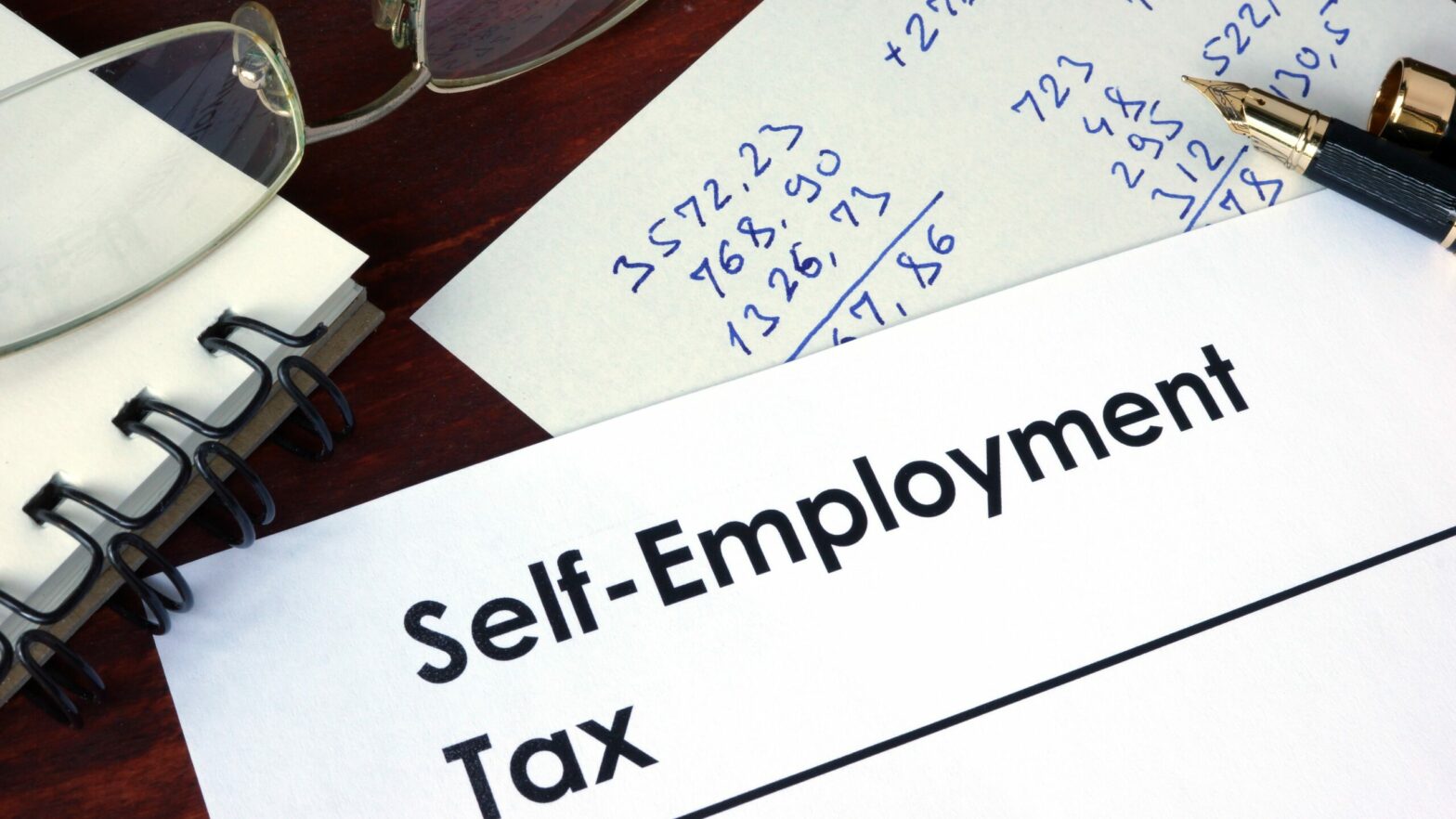If you’re starting a business, you might be thinking about starting off as a sole trader until your business grows. Alternatively, you may want to run your business as a sole trader for the foreseeable future.
Being a sole trader can be beneficial for freelancers who offer a service such as tradespeople or photographers.
>See also: 6 examples of sole traders
Whatever sector your business is in, there are definite perks to being a sole trader – we list seven of them here.
- Being Your Own Boss
- Easier to Set Up than a Limited Company
- Increased Privacy
- Less Admin
- It’s Cheaper
- Keep all of your post-tax profits
- More Flexibility
Being your own boss
As a sole trader, you have no shareholders or directors to worry about, so you have control over how you run your business. Without the need to put decisions past boards of directors, you can make quicker, more nimble decisions. This includes everything from your day-to-day operations to your long-term goal planning, allowing you to accept or reject projects and set your own hours.
>See also: Business planning: Short, medium and long-term objectives
What’s more, you can add your own quirk and character, offering a more personal service than larger brands can.
Setting up as a sole trader is easier than setting up as a limited company
There are fewer legal regulations for a sole trader than there are for a limited company so it’s easier and quicker to set up your business. All you have to do is tell HMRC that you’re self-employed. If you’ve got all of your necessary licences in place, you can start trading straight away.
>See also: Does my small business require a licence?
IPSE’s director of policy, Andy Chamberlain, told Small Business: “If you operate as a sole trader, it’s a bit more straightforward than a limited company. You work and get paid as an individual – which is the way most freelancers work. You still have to pay tax on your profits but there are fewer compliance burdens than those that work via a limited company. Probably the best thing about becoming a sole trader is that you can just go ahead and do it. You will need to register as self-employed, but not until the second October that you’ve been trading.”
Increased privacy
Sole traders don’t have to put their details on Companies House like limited companies do. Details from limited companies must include information about accounts and company directors, which is all accessible to the public.
Sole traders are protected by HMRC’s taxpayer confidentiality rules.
“A lot of business owners are quite wary, not sharing or disclosing that information with their competitors or anybody else to see how they’re doing and it is sensitive data to an extent,” said Jahan Aslam, senior partner of Fusion Accountants.
Less admin
Less regulation means less admin and more time to run your business – or have a well-earned rest.
It’s cheaper
Fewer overheads and accounting obligations also means lower costs. Registering as self-employed is free as opposed to registering as a limited company which can cost £12-£40 depending on which method you use.
Should losses be incurred, especially in the early days, they can be set against other income streams and these losses can be used to reduce the amount of tax they pay.
“I think we would normally say that the biggest advantage for being a sole trader is really when you’re a start-up,” said Andy Gibbs, head of group technical at TaxAssist Accountants. He told Small Business about the benefit of generous carry-back provisions. “Basically, when you start up, you’re more likely to have a loss in an earlier year because you’ll have your start-up costs. With that threat, and if you have a loss in your earlier years, particularly if you’ve come from employment or from a from a background where you’ve been working, where you have a loss as a sole trader, you can do a number of things with it.”
One such thing is you can carry back that loss. Gibbs said that there are some limits and some caveats, but broadly, you can carry back that loss to an earlier year and set it against other income. “So you may in your first year, once you’ve worked out your tax adjusted loss of, say, £10,000, you might be able to carry that loss to a prior year, where you were, say, paying tax at 40 per cent. You get a £4000 refund from carrying back the loss.”
Early year loss claims apply in the first four years of trade. You could do claims beyond that – you just can’t carry them back as far. So those sorts of sole trader advances don’t just extend in the first year, although there is one special type of loss where you can go back a longer period, according to Gibbs.
Keep all of your post-tax profits
As you’ve no shareholders or directors to worry about, you’re free to keep all of your post-tax profits.
More flexibility
As a sole trader you’ll have more flexibility later down the line. If you start off as a limited company and want to become a sole trader, you’d have to dissolve your company by stepping down as the director.
All you have to do to move from sole trader to limited company status is send an online application to Companies House which can be approved in as little as three working days. If you want to wind down the business completely, you’ll need to settle any liabilities, collect money that’s due, keep/sell any physical or propriety asset and distribute any residual money to the owner followed by alerting HMRC.
“With a limited company, it can be it gets more complicated, and particularly the tax side of things of extracting it all is more complicated. It tends to be slightly easier to sell a sole trader business than selling a business which is run through a limited company,” said Gibbs.
“If you can imagine a café owner selling their business, as a sole trader, they will sell their assets, because that’s all they can sell. They can’t sell themselves, they can’t sell the business medium. They’ll sell their shop, their premises. For the owner buying them, that’s an easier sale. If you’re buying the shares, it’s actually more complicated, because you could be buying things that you can’t necessarily see like hidden liabilities and things like that.”
He added that a sole trader has some advantages there, because you can only sell the assets. Whereas when you’re when if you’re running as a limited company, your buyer might not want to buy your limited company, because they may simply not want to take some of the risk. They certainly need to be more careful with their due diligence, they may need to put in legal agreements.
Should I become a sole trader?
Only you can truly know if becoming a sole trader is right for your business. Aslam offers up some guidance to steer you in the right direction: “Our advice for sole trader versus a limited company is based upon a number of factors, the first being how much you are expecting to make in year one, two, three and four.
“As soon as the business starts to make £50,000+ profit, or even £25,000-£30,000+ profit, it’s going to be a viable business. Then I would say probably 99.999 per cent of the businesses incorporate.”
However, for some businesses, going sole trader all the way is the best decision. Gibbs explained why: “There’s no simpler way, they don’t want the scrutiny of their records, they don’t want the additional filing requirements and it works well for them. In truth, the tax advantages of running a limited company have been reduced over the years, so we don’t find there is such a great difference as there used to be between running as a limited company and a sole trader. The tax differences are more blunted, so it is more just a choice and a preference nowadays, much more than it used to be.”
There’s also a third formation option: partnership. “Businesses that tend to stay as effectively sole trader, or indeed partnership, because they’re taxed in the same way, are the professional services firms (surveyors, lawyers, accountants) because the partnership is quite flexible compared to a limited company – less rigid in terms of allowing partners in and out,” said Gibbs.





